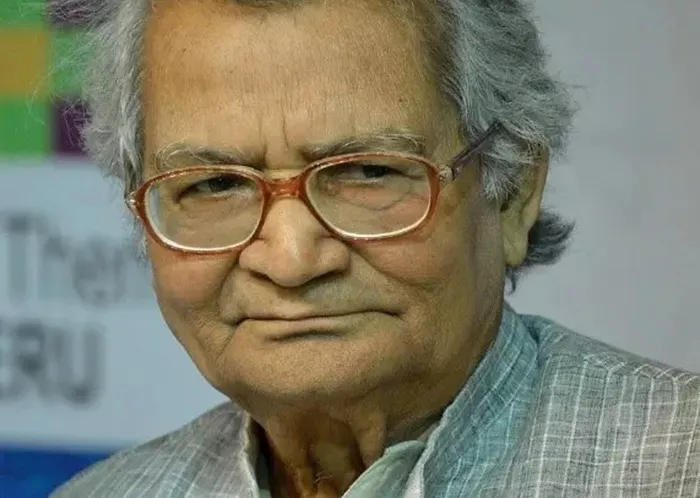Veteran Bengali author Prafulla Roy passed away on June 19, 2025, at the age of 91 after a prolonged illness. A celebrated chronicler of refugee experiences and middle-class life, Roy’s extensive body of work—comprising over 150 novels and stories—has left an indelible mark on modern Bengali literature.
From Partition to Prolific Writing
Born on September 11, 1934, in the Bikrampur region (now part of Bangladesh), Roy and his family migrated to India in 1950 amid the upheaval of Partition. This early experience of displacement profoundly influenced his literary themes. Throughout his career, Roy engaged closely with diverse communities across India—from Nagaland’s indigenous tribes to marginalized groups in Bihar and the Andaman Islands—drawing from these encounters to give voice to those often overlooked.
A Voice for the Marginalized
Roy’s fiction is noted for its empathetic portrayal of ordinary Bengali lives confronting extraordinary challenges. His breakthrough novel, Keya Patar Nouko, vividly depicted refugee anguish and became a cultural landmark, later adapted into a widely acclaimed television drama. Other notable works such as Mondo Meyer Upakhyan and Bagh Bandi Khela were successfully adapted for screen and stage, earning national recognition.
Literary Honors and Recognition
Over his distinguished career, Roy received numerous accolades, including the Bankim Puraskar in 1985 for Akasher Neiche Manush and the Sahitya Akademi Award in 2003 for Krantikal. His unique blend of social commentary and lyrical storytelling resonated beyond literary circles, with more than forty adaptations of his works reaching film and television audiences.
Condolences and Legacy
West Bengal Chief Minister Mamata Banerjee expressed deep sorrow over Roy’s passing, calling it an “irreparable loss” and highlighting his compassionate depiction of refugee and middle-class struggles. Roy was honored at a state ceremony in 2012, recognizing his contribution to Bengali culture and literature.
Family, friends, and publishers remember Roy as a writer deeply connected to the realities of India’s people and their hardships. His daughter and publisher, Apu Dey, recalled their first collaboration in the 1970s and reflected on the warmth and humanity that characterized his writing.
The End of an Era
Roy spent his final months under hospital care for age-related and respiratory conditions, closing a remarkable chapter in Bengali letters. His legacy endures through his extensive literary output and the powerful emotional truths embedded in his work.
Why Prafulla Roy’s Work Endures
In a time when debates over history and identity remain intense, Roy’s narratives stand out for their authenticity and nuanced insights into Bengal’s social fabric—from refugee trauma to everyday resilience. His stories continue to serve as vital windows into the region’s complex realities.
Prafulla Roy is survived by two daughters. His legacy lives on in his novels, screen adaptations, and the countless readers who have found their own truths in his storytelling.

